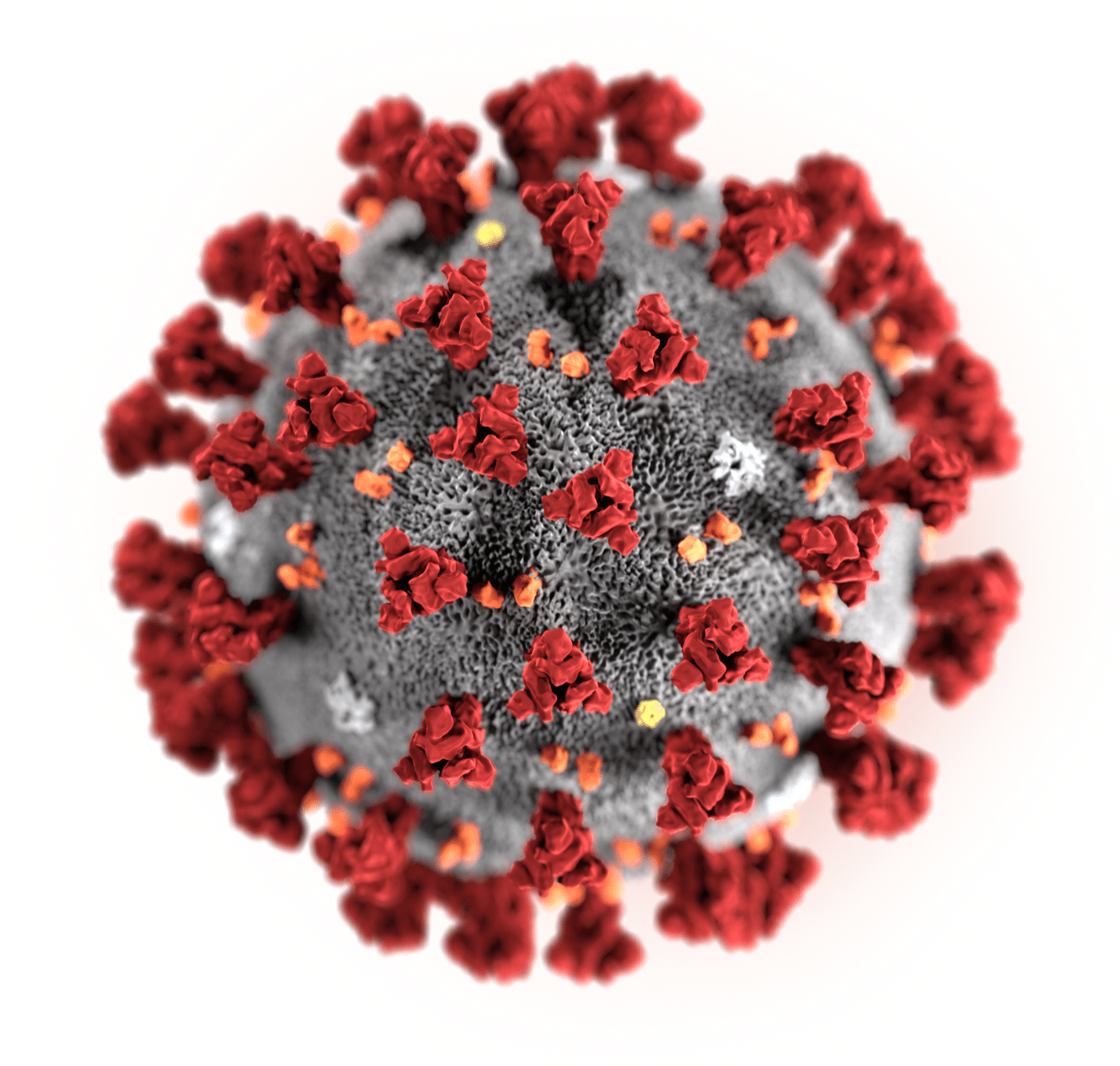Two cases of coronavirus have been confirmed in Georgia.
Gov. Brian Kemp said the two confirmed cases of coronavirus were two people who live in the same household and one of them had recently returned from Italy. They have been quarantined in their home and live in Fulton County.
One of the two individuals came through Hartsfield Jackson International Airport according to Dr. Kathleen Toomey, commissioner of the Georgia Dept. of Health. He was not symptomatic on the plane, Toomey said.
Officials say the threat to the public remains low from the virus, but more cases in Georgia are expected.
The Department of Public Health is working to identify any contacts who may have been exposed while the individuals were infectious. People who are identified as having been exposed will be contacted directly by an epidemiologist and monitored for fever and respiratory symptoms.
“Our team has been working around the clock to prepare for any scenario. Already, state health officials have established contact with these individuals to gather more information, monitor their condition, and determine any exposure,” Kemp said. “They are confident that our efforts to prepare for this moment have enabled us to manage these cases appropriately and minimize any risks moving forward. We remain in constant communication with our partners at all levels of government, and we will continue to update members of the public as information becomes available.”
Kemp named an 18-member task force Friday to handle Georgia’s response to the coronavirus outbreak.
The governor acted following a Friday morning phone conversation with Vice President Mike Pence, who is heading the Trump administration’s federal response effort to the virus, which also goes by the name COVID-19.
Officials also released the following best practices to prevent the spread of coronavirus.
- Wash your hands often with soap and warm water for at least 20 seconds. If soap and water are not available, use an alcohol-based hand sanitizer.
- Avoid touching your eyes, nose, and mouth with unwashed hands.
- Avoid close contact with people who are sick.
- Stay home when you are sick.
- Cover your cough or sneeze with a tissue, then throw the tissue in the trash.
- Clean and disinfect frequently touched objects and surfaces.
The flu is still widespread and active throughout the state, so if you have not already gotten a flu shot, it is not too late. While the flu shot will not protect against COVID-19, it will prevent serious complications that require hospitalization and prevent overburdening the health care system in the event of a COVID-19 outbreak.
If you have recently traveled to areas where there are ongoing outbreaks of COVID-19 and develop fever with cough and shortness of breath within 14 days of your travel, or if you have had contact with someone who is suspected to have COVID-19, stay home and call your health care provider or local health department right away. Be sure to call before going to a doctor’s office, emergency room, or urgent care center and tell them about your recent travel and your symptoms.
The Georgia Department of Public Health says it is working closely with the CDC, and state partners. The goal is to quickly identify cases of coronavirus and take the appropriate public health action to reduce its spread and protect the general public.
“We urge Georgians to prepare for hurricanes or flooding or take measures to prevent flu, so preparing for an outbreak of COVID-19 is no different,” said Toomey. “DPH is working to make sure our health systems, first responders and county health departments have the resources they need to respond to a COVID-19 outbreak.”
The department already has a detailed pandemic flu plan that was developed in partnership with the Georgia Emergency Management Agency, the Georgia Department of Education and other state agencies, and will be adapted for a coronavirus outbreak in the state.
Department of Public Health Emergency Preparedness and Response is providing CDC information and guidance about coronavirus to all health care and hospital facilities throughout Georgia, and holding weekly calls with the entire public health and hospital community to update information and answer questions.
The department says epidemiologists are on-call 24/7 to help health care providers evaluate individuals presenting with symptoms of coronavirus to ensure that possible cases are managed safely, support laboratory testing and implement recommendations from the CDC.
IIn the event of an outbreak, health officials may recommend certain measures for affected communities, such as temporary closure of child care facilities and schools, colleges and universities, school and workplace social distancing measures, and postponement or cancellation of mass gatherings. Additionally, businesses should consider ways to implement strategies to reduce the impact of a potential coronavirus outbreak on their workforce, including teleworking and cross-training employees on essential job functions.

Thom Chandler
Thom Chandler is the editor of The Georgia Sun and has been writing, editing and managing websites and blogs since 1995. He is a lifelong Georgian and one of those increasingly rare Atlanta natives.


